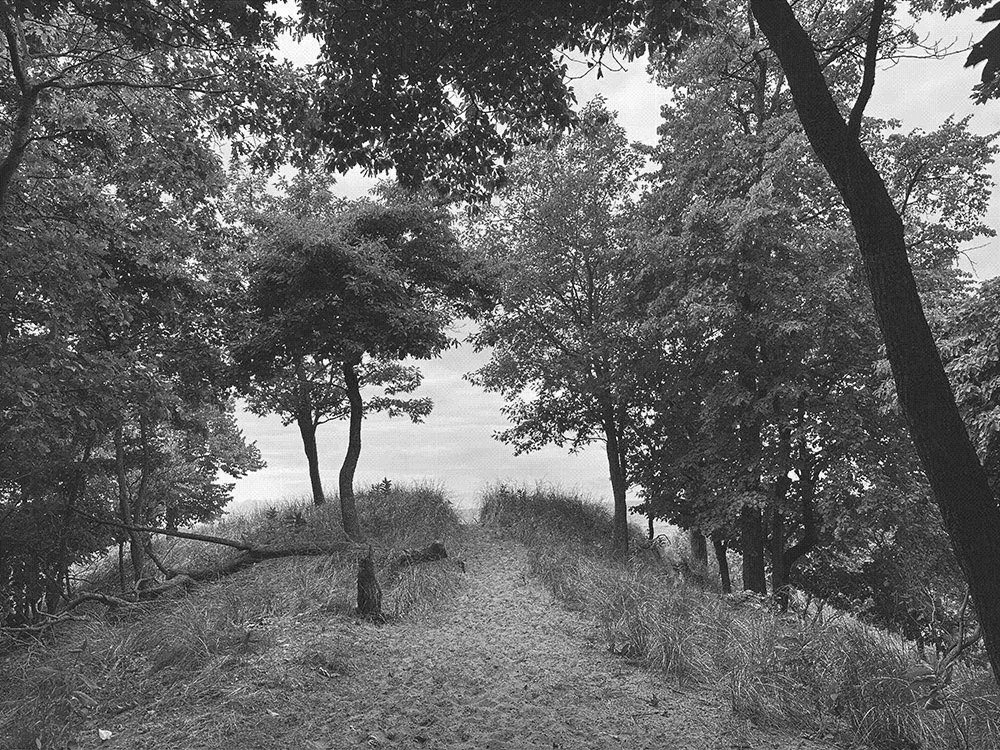PSi 29: Assemble, https://psi29.com/
20-23, JUNE 2024. LONDON
Royal Central School of Speech and Drama
PSi29 Working Group Performance & Pedagogy: A Conversation about Institutional Imagination
Saturday, June 22, 2024
Hoxton Hall - Main Stage
The convening of the working group Performance and Pedagogy is structured through three segments – Short Stories, Long Table and Extensions. While we hope all who will join us can be there for the entire session, you are welcome to pop in and out.
1. Short Stories:
To seed a broader conversation about Institutional Imagination, the Working Group Performance and Pedagogy has invited five artists, scholars, educators and leaders, who responded to our call to share experiences through short presentations.
For its first in-person meeting since its renewed formation in 2021, the PSi working group Performance and Pedagogy solicited short responses from diverse global contexts, narrating experiences at the intersection of Performance Studies, Pedagogy, and Education Policy. We asked: Which challenges are you facing? What is changing? Can you share salient examples? Which issues would you like to compare notes about? What are you already working on? Where do you see opportunities?
2. Long Table:
Facilitated by Vanessa Macaulay, we will continue with a Long Table conversation, sparked by and expanding on the previous segment. By design, the Long Table is open for contributions to all who are present.
The Performance Studies canon is permeated by works devised to empower publics. The participatory work of Boal, Conquergood and others draws on lived experience to access joy, pain and deeply held beliefs, ultimately devising narratives that contain the power to refashion old and imagine new institutions. This work is continued throughout the world in applied theater, deeply impacted by the writing of Frantz Fanon, bell hooks and Audre Lorde, and newly visioned by performance artists such as Shaun Leonardo and Regina José Galindo. How can we draw on these facilities, many of which we teach, to deepen and broaden our engagement with our own institutions? How can we use disciplinary resources to expand academic imagination? But also, which extra-disciplinary narratives do we meet with as our reach expands and how do those impact pedagogies?
3. Extensions:
We will conclude by inviting all to form groups that share interests in arising topics, for further discussion, but also to consider collaboration or initiatives after the conference. We will create a link for updates and resources available.
Education policies are extra-disciplinary narratives in the shape of rules and recommendations that configure higher education in cultural, political and economic contexts. Education policies affect how we understand, codify and enact freedoms of speech; create curricular structures and contents; assess and frame research; design and implement pedagogies; cap and schedule classes; recruit students; hire colleagues; request and allocate resources; and much more. This plays out differently across universities globally, with varying stakes in play. Where do we go from here?
SCHEDULE
Saturday, June 22, 2024
Hoxton Hall - Main Stage
10:00 Introduction
Short Stories
10:15 Kamila Witerska: PoweRelation.Towards performative education. An international perspective and a glimpse of Poland
10:30 Işıl Eğrikavuk: The Other Garden: Cracking the brick walls of a university
10:45 Webster McDonald via Shannon Navarro: Decolonizing Embodiment, Performance and Pedagogy: Negotiating Epistemic Disobedience and the Crisis of Knowledge Production In PWI
(update - unable to join - 11:00 Hsiao-Mei Hsieh: Cross-disciplinarity at the Department of Drama and Theatre at National Taiwan University)
11:00 Leigh Anne Howard: Performance Matters: Navigating Disciplinary, Social, and Political Demands
11:15 BREAK/ set-up for Long Table
11:30 Long Table
12:30 BREAK/ set-up for Extensions
12:45 - 1:30 Extensions
Organized by Vanessa Damilola Macaulay, Leigh Anne Howard and Adelheid Mers (coordinator)
